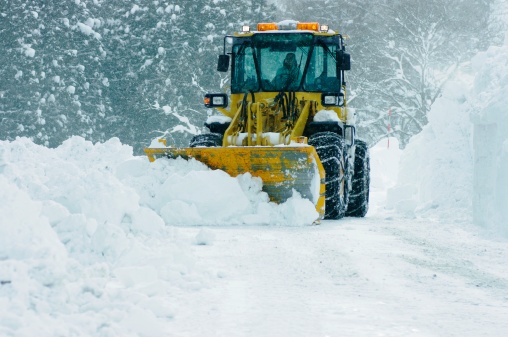A region with unlimited access to water (though salt water) and a climate in which the temperature rises relentlessly — what a good place for farms. This may be the fate for some portions of the Arctic eventually, according to the future as envisioned by at least one scientist and his friends.
Richard G. Pearson and colleagues have written a paper published in Nature Climate Change in which they forecast:
Here we show, using climate scenarios for the 2050s and models that utilize statistical associations between vegetation and climate, the potential for extremely widespread redistribution of vegetation across the Arctic. We predict that at least half of vegetated areas will shift to a different physiognomic class, and woody cover will increase by as much as 52%. By incorporating observed relationships between vegetation and albedo, evapotranspiration and biomass, we show that vegetation distribution shifts will result in an overall positive feedback to climate that is likely to cause greater warming than has previously been predicted. Such extensive changes to Arctic vegetation will have implications for climate, wildlife and ecosystem services.
The study even includes some maps and charts to illustrate the points.
Pearson can see the future of global warming, whether or not everyone else can. He could be wrong and, based on the forecasts of some analysts, mostly crackpots, the entire world may enter an ice age in which regions suitable for farming will become rare.
Of course, like all scientists, Pearson will not guarantee his forecast 100%. He uses the words “likely,” “scenarios,” “potential” and “predict.” Nevertheless, he is not the first expert to say that the arctic ice mass is melting, particularly because it already is.
The predictions of what melted arctic regions will allow in the future include shipping lanes that can be used by tankers and warships, international battles over the territory of what will have been the Arctic Circle and an environment in which it will be less difficult to drill for oil.
Farming in the Arctic is something new, but almost every catastrophe, in the case the end of an icy North Pole, offers an opportunity for exploitation.
The Average American Is Losing Momentum On Their Savings Every Day (Sponsor)
If you’re like many Americans and keep your money ‘safe’ in a checking or savings account, think again. The average yield on a savings account is a paltry .4%1 today. Checking accounts are even worse.
But there is good news. To win qualified customers, some accounts are paying more than 7x the national average. That’s an incredible way to keep your money safe and earn more at the same time. Our top pick for high yield savings accounts includes other benefits as well. You can earn a $200 bonus and up to 7X the national average with qualifying deposits. Terms apply. Member, FDIC.
Click here to see how much more you could be earning on your savings today. It takes just a few minutes to open an account to make your money work for you.
Thank you for reading! Have some feedback for us?
Contact the 24/7 Wall St. editorial team.




